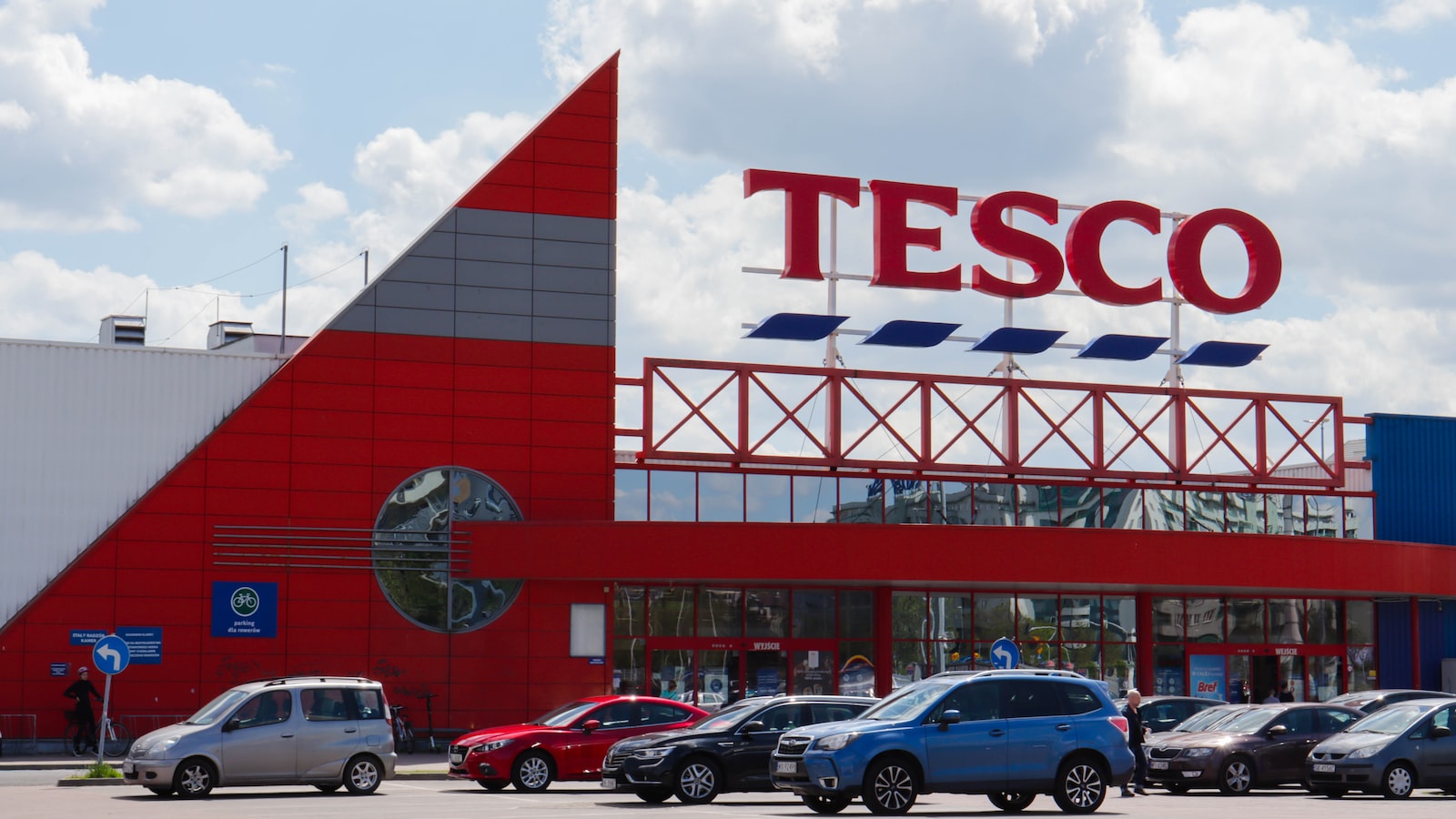Tesco launches ‘green’ fertiliser to cut emissions
Tesco has announced it will partner with five of the largest vegetable suppliers to launch a ‘green’ fertiliser to reduce emissions within its supply chain and improve plant health.
This could cut greenhouse gas emissions by an estimated 20% in the first year, according to the supermarket, at no extra cost to farmers.
Eight low-carbon alternatives will used across 1,300 hectares in 2023, producing up to 70,000 tonnes of vegetables. This will be scaled up to 4,000 hectares next year, which could create 200,000 tonnes of fresh produce.

Sarah Bradbury, Group Quality Director at Tesco, said: ‘Delivering more affordable, sustainable food means finding innovative, new ways to grow basket staples like potatoes, salad vegetables and carrots. Fertilisers are a large source of emissions in farming, but high prices and uncertainty have made it hard for farmers to take advantage of low-carbon alternatives.
‘We hope that by working with our suppliers, our learnings from this roll-out of low carbon fertilisers can prove their potential to cut emissions and demonstrate what it would take to scale up production in the UK. It’s vital we keep costs manageable for farmers facing the most challenging market conditions in a generation and help our customers to eat in a way that’s good for planet and pocket.’
Prices of chemical fertilisers have increased by up to 140% in the last year, with UK production taking a hit as chemical plants, such as CF Fertilisers in Cheshire, have been permanently closed. This means the UK is now importing around 60% of its supply.
Low-carbon alternatives could be the solution, providing a more cost-effective option, creating green jobs and helping to reduce reliance on chemical fertilisers.
Six of the eight producers will also be using waste materials, such as food waste, chicken litter, fire extinguisher waste and algae, in manufacturing.
The green fertilisers could also be used in other produce areas, such as wheat and barley, as well as grasslands for beef, dairy and lamb.
The initiative is part of Tesco’s ongoing commitment, as part of WWF’s Retailers’ Commitment for Nature, to halve the environmental impact of the average shopping basket by 2030 and to reach net zero across its supply chain by 2050.
Stephen Shields, Technical Director at Huntapac, Tesco’s biggest carrot supplier, said: ‘It’s great to be part of the Tesco field veg trial as we focus on moving away from artificial inputs to something that’s better for the environment. By moving to these new low carbon technologies, we can save money compared to chemical-based fertiliser and at a time when all costs are going up for farmers, any steps that reduce them are ideal.’
Photo by Shashank Verma















